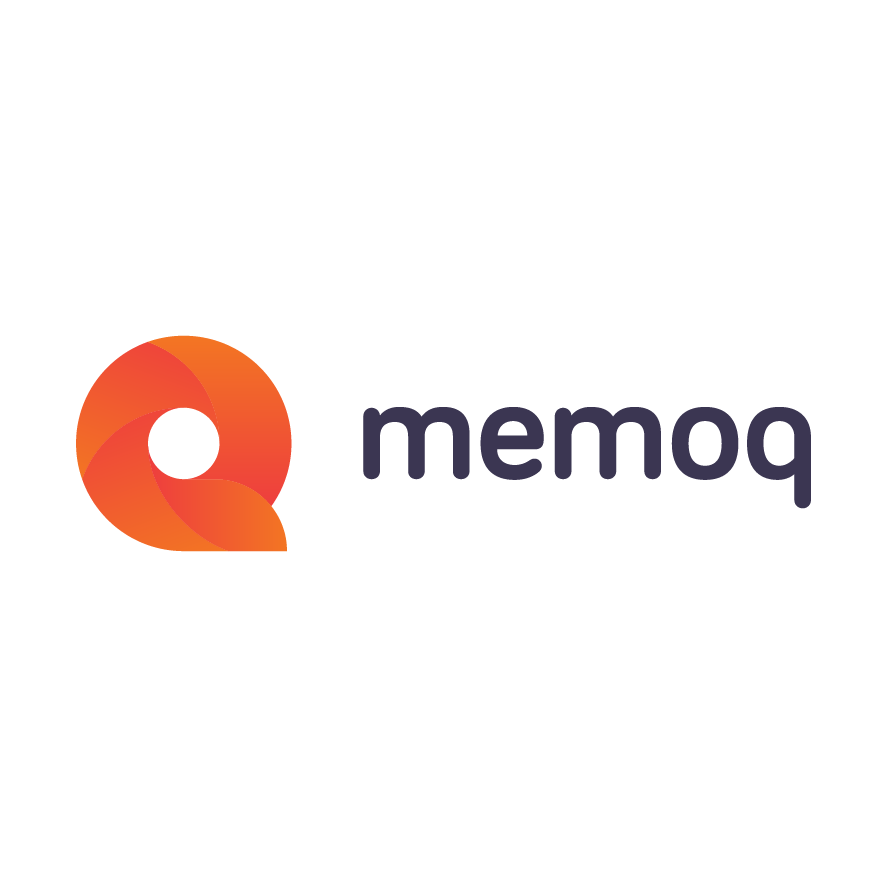Young companies that start with releasing a single product and then add newer and newer products to the portfolio usually struggle a bit in the beginning. I have to confess that giving QTerm the same focus as we give to memoQ was not easy, but fortunately this period is over now.
QTerm was originally a necessity, as the lack of customizable terminology was the number one reason why we were losing deals, especially in Germany. Two years ago we made a bold move and hired a developer to work on QTerm. QTerm was the logical extension of memoQ's term base. The product was finished in record time, just a few months. While it was absolutely functional, we knew that with that interface it cannot be extended to become a really powerful solution for professional terminologists. When we released it, we already knew we would give it a new interface.
QTerm 2 involved a lot more work - a team of five people worked on just the interface for almost nine months. This does not include changes to the terminology engine. Kickstarting QTerm 2 was not easy, as it required moving away from the focus on memoQ as the main product. Between October 2010 and August 2011 we wasted a couple of months without development, and this wasn't to the benefit of users: we often had to say 'the new interface will solve that'.
Why is today's release of QTerm 2 so important for Kilgray? First, because it shows that we matured into a multi-product company and we can give enough emphasis to multiple technologies and at the same time not lose focus. Second, because the new interface allows us to finally implement features. We have a very strong roadmap for QTerm (although I have to confess it is a three-year roadmap rather than a five-year roadmap like the one we keep with memoQ), and we have plans to turn it into the best terminology management system available. QTerm is completely integrated with memoQ, a popular translation environment, and this already gives it a huge competitive advantage compared to the terminology-only tools, but we plan to turn it into a most user-friendly, collaborative terminology environment. Terminology management is also an area that needs more collaboration, more interoperability, more ease of use and more eye for details - the same values that memoQ subscribes to.
QTerm 2 is now available to existing customers. Besides the facelift, it also got integrated into the same interface as memoQ webTrans. This means easier maintenance: customers only need to run one installer instead of two. Corporate branding can also be uniform for the two products. And finally, webTrans was also integrated with QTerm, so now it is possible to add terms from the browser-based translation interface.
We encourage customers to move from QTerm 1 to QTerm 2 quickly, as we'd like to discontinue support for the old environment as soon as possible. QTerm 2 is here to stay, and now instead of the interface it's the functionality that's going to improve significantly - and quicker than before.

memoQ
memoQ is among the world's leading translation management systems. The favorite productivity tool for translation professionals around the globe.



